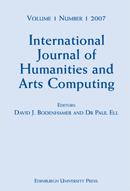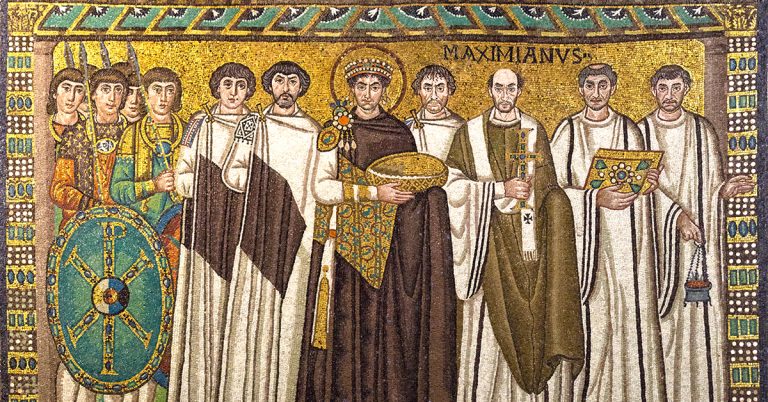
Historians have used printed media such as books, letters, diaries, newspapers and magazines for centuries, yet now that the web has/is replacing that, the web is tomorrow’s historical resource.
Relationships between historical ‘text’ sources, data and interpretation, the construction of memory, and the sustainability of digital products in this fast changing technological age, are all issues facing historians and academics who record our past. But a special issue of IJHAC, guest edited by Daniel Alves, brings the digital closer to the vast historical academic community.
It starts with special consideration to the papers and stresses that the textual focus of digital tools and methods is enabling new ways of exploring old sources.
“…the formulation of different questions, difficult to think of and/or resolve in an efficient way in a recent past: be it the discovery of inter-textual relationships hidden in tens of thousands of letters between writers of past centuries, that can give us a deeper insight about their social and intellectual networks; or the possibility of searching for changes in the concepts and perceptions about poverty and inequality, for instance, through the exploration of millions of books in digital format spanning three centuries.”
Daniel Alves, Guest Editor, Introduction, International Journal of Humanities and Arts Computing. Volume 8, Page 1-12 DOI10.3366/ijhac.2014.0116, ISSN 1753-8548
Contributions in the issue cover the digital editing and visualisation of historical manuscripts, the importance of web archiving (probably the only source of personal memories to many people, write Daniel Gomes and Miguel Costa in their article), as well as a review of a diverse sample of historical personal letters from across 16th to 20th century Portuguese society. Special consideration is also given to the Bentham Papers Transcription Initiative, an award-winning crowdsourced manuscript transcription initiative launched in 2010 to engage students, researchers, and the general public with the thought and life of the philosopher and reformer, Jeremy Bentham (1748–1832), by making available digital images of his manuscripts for anyone, anywhere in the world, to transcribe. The authors, stress how such crowdsourcing projects enhance the possibilities in using online and social media technologies for user engagement and participation in cultural heritage.
Get the issue >> Digital Methods and Tools for Historical Research: A Special Issue
IJHAC is published biannually and covers all aspects of arts and humanities computing.







Reblogged this on Humanidades Digitais e Investigação Histórica and commented:
No ano em que foi formalizada a criação da linha temática de investigaçao do IHC “Humanidades Digitais e Investigação Histórica”, a coincidência de ver publicado um número especial da revista IJHAC com resultados de um workshop organizado na FCSH em 2011!